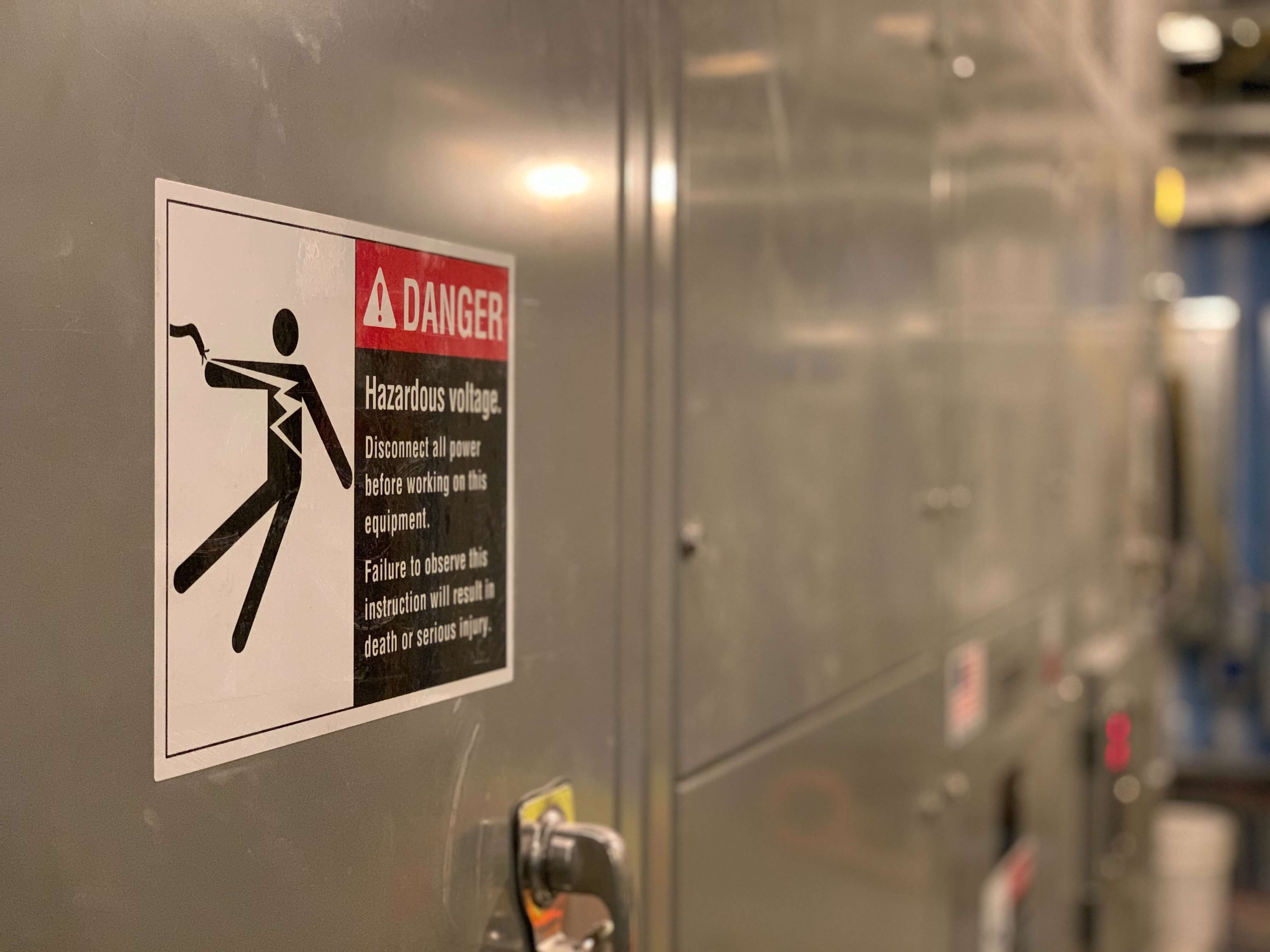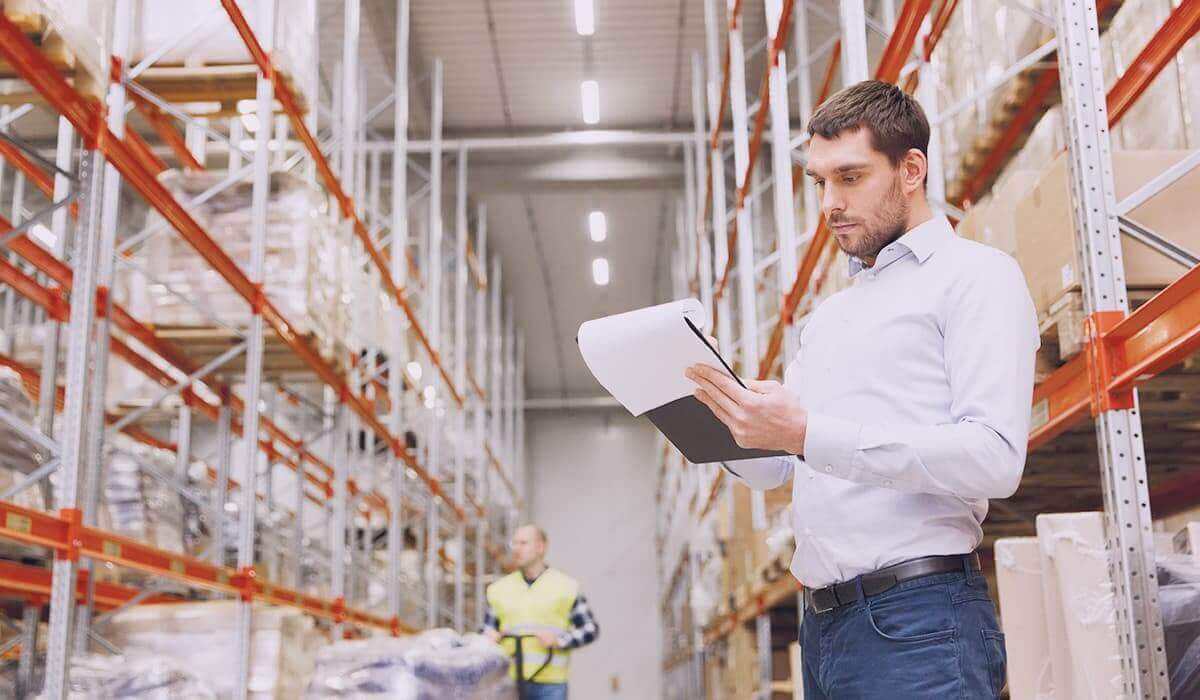The majority of workplaces have a break area or a kitchen where staff can prepare lunches and eat food. While every workplace is different, there are certain safety precautions you must take in every food preparation area.
If you don’t uphold health & safety in these areas, you face fines and potential legal action. It is your legal obligation to look after people’s health & safety at work.
In this article, we’ll take a look at what you need to know in a regular office space, the food industry, and those working in restaurants or catering.
What is food health & safety?
You have a duty of care for your employees under health & safety legislation. There are a number of hazards in kitchens, which could put your staff members at risk.
When you’ve got a kitchen and waiting on staff dashing back and forth all day long in compact areas there are lots of hazards to contend with.
These can include:
- Hot surfaces.
- Harmful substances.
- Sharp implements.
- Electrical and gas equipment.
These all increase the likelihood of an accident and the level of harm when one occurs.
The health & safety rules in the kitchen in a standard workplace will have different priorities to one operating in the catering sector.
There are some that will apply to all, however. First and foremost you should conduct a full risk assessment that addresses all of the potential hazards. You should assign a competent person to manage health & safety in your organisation.
Finally, you should prepare a health & safety policy that is accessible to everyone within the business.
Health & safety in kitchens & food preparation areas
We’ll start with a basic kitchen. In other words, you probably have the essentials—a microwave, kettle, a sink and a refrigerator.
The main health & safety issues in the kitchen you’ll have in this environment are slips, trips & falls, food storage, cleaning, and fire safety.
You should pick up most of these hazards in your risk assessment. In some ways, health & safety in the kitchen is no different to health & safety elsewhere in the business. However, you should ensure you cover the specific risks, such as electrical safety and the fire risk of microwaves, for example.
What else should I consider?
Health & safety in the kitchen in a standard workplace has certain expectations. When putting together a policy, you can outline the expectations of your staff in the kitchen area.
You can also reaffirm your stance via posters and health & safety flyers in and around the room. This will help reinforce your stance and remind employee what is and isn’t acceptable.
Health & safety for food businesses
In this section, we’ll take a look at kitchens or food preparation area for business working within the catering sector, but not restaurants or caterers. A butcher’s shop, or a bakery, for example.
In this workplace, there are additional health & safety rules in the kitchen. As well as conducting a risk assessment for all of the issues outlined in the section above, you’ll also need to consider appropriate training of staff, as well as knife safety, food safety, and potentially manual handling.
What issues should I look out for?
Firstly, knife safety. Your knives should be regularly sharpened and stored correctly. Staff should be trained in proper cutting and chopping techniques too.
Health & safety in a kitchen depends on rules, and one of the most important is food safety. This is broken down into four sections, known as the four C’s:
- Cross-contamination.
- Cleaning.
- Chilling.
- Cooking.
What are the health & safety rules for cooking?
The main risk is that undercooked food could cause food poisoning.
Always check that it is piping hot all the way through and do not reheat it more than once. This is particularly important for poultry and products made from minced meat.
When keeping food hot, you must keep it above 63°C. When serving/displaying hot food, it can be displayed below 63°C for a maximum of two hours.
What else should I consider?
Have all aspects of the employee(s) role been considered when implementing training? For example, do they need to move trolleys or pallets? Are they required to operate dangerous machinery? Make sure staff are well prepared and suitably trained, and that control measures are put in place to reduce risk.
Restaurant health & safety
If you working as a caterer, operate a restaurant/café, or host a caterer/café on your work premises, you need to consider all of the rules highlighted in the previous two sections. You may also need to consider environmental factors, such as ventilation, employee rest breaks and protective clothing for working in freezers.
The regulations catering and restaurants need to be aware of are the following:
- FCO Health & Safety Policy.
- Food Safety Act 1980.
- Manual Handling Regulations.
What issues should I look out for?
In catering, health & safety requirements include:
- A kitchen designed and built in a way that allows you to work hygienically and keep out pests such as flies and rats.
- Enough washbasins for staff to wash their hands.
- Enough toilets and ones that don’t lead directly into food areas.
- Hot & cold running water with soap and materials for drying hands hygienically.
- Adequate facilities for staff to change their clothes.
- Adequate arrangements for food waste too be stored and removed.
- Adequate supply of drinking water for staff.
All of the above also applies to restaurants and cafes.
It may also be helpful for you to develop an occupational health & safety policy for your restaurant.
This will help demonstrate that you value your employees’ wellbeing and will help if any of your staff have time off work sick or with an injury. Find out more about how occupational health can assist your workplace here.
Expert support with health & safety in the kitchen & workplace
Having a clear policy on health & safety in a kitchen, and rules outlined will help you avoid any legal issues that arise.
If you need further support with your workplace kitchen, whether it’s a basic setup, or a full restaurant food preparation area, we can help. Our health & safety experts have a broad range of knowledge in a variety of sectors, and will ensure you stay in line with the law no matter what.
Speak to a member of our team today by calling 01455 858 132.
Related resources
Categories
- Business Advice
- Culture & Performance
- Disciplinary & Grievances
- Dismissals & Conduct
- Employee Conduct
- Employment Contracts and Documentation
- Employment Law
- Employment Rights Bill
- End of Contract
- Equality & Discrimination
- Health & Safety
- Hiring and Managing
- Leave & Absence
- Managing Health & Safety
- Moving
- Occupational Health
- Pay & Benefits
- Recruitment
- Risk & Welfare



